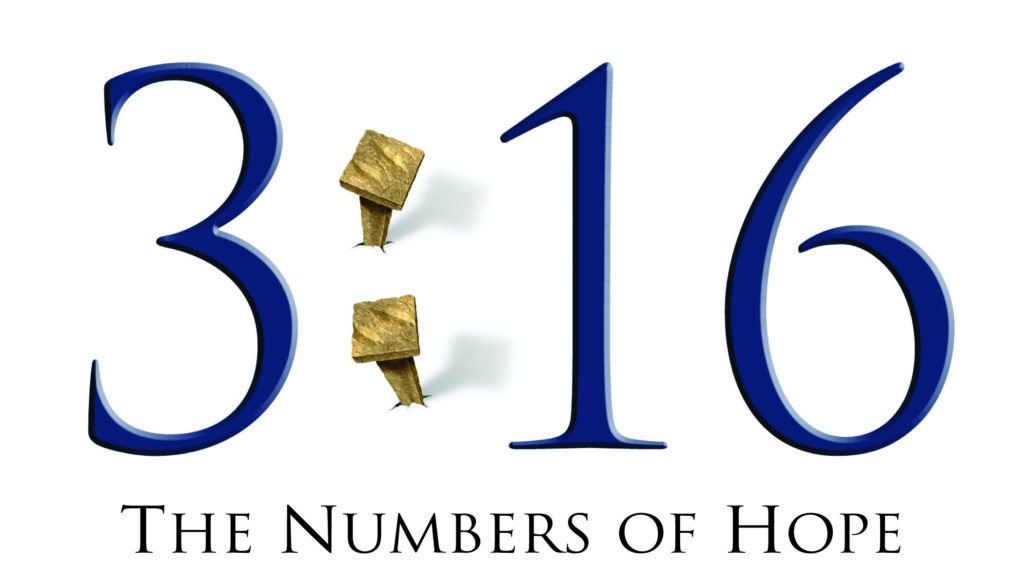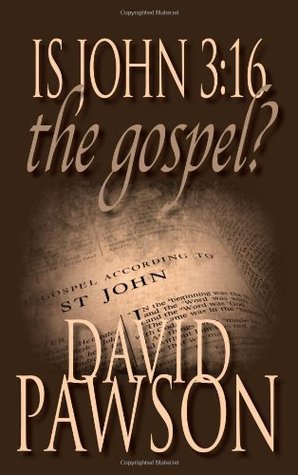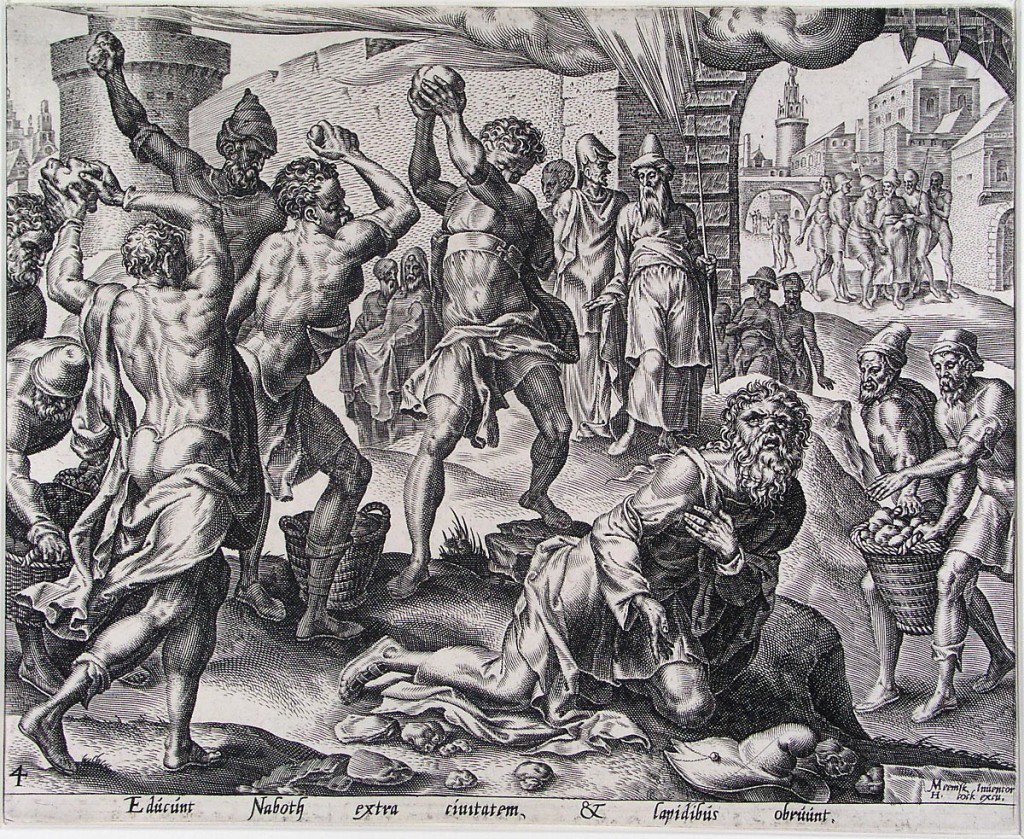In a previous post, I began to look more closely at John 3:16 as a way to wrestle with this question: how are you and I to think about how the Gospel in the New Testament relates to how we relate to God’s earth? This iconic verse that is everywhere is, I’ve found, rarely understood in its full meaning. In this post, we continue to look closely at John 3:16.
We’re so quick to jump to conclusions, aren’t we?
When we come to John 3:16, we rush through its rhythm and ideas, knowing that it ends happily with eternal life. And we rush, too, to the automatic assumption that “eternal life” is talking about life after death.
The grammar of the verse tells us otherwise. And I’ve never appreciated grammar more than when I first understood from David Pawson’s uneven book Is John 3:16 the Gospel? (and confirmed by other sources) that traditional translations of the verse typically get the verse subtly wrong because they don’t convey the subtleties of the grammar.
Pawson explains that the Greek language has more nuance in its tenses than in English. A crucial distinction is whether a verb indicates continuous action or action that occurs and is then over at a single point in time.
The “believe” in “everyone who believes in him” is actually in the present continuous tense. So that portion of the verse literally means “everyone who goes on believing in him.”
The “have” in “have eternal life” is also in the present continuous tense.
So the real translation of this portion of the verse would be… “everyone who goes on believing in him will go on having eternal life.”
Later in John 10:10 we come again to this idea of eternal, abundant life which we will go on having. Of the many ways there are to translate it, I like the New Century Version best. It reads: “A thief comes to steal and kill and destroy, but I came to give life — life in all its fullness.”
This idea of God offering a full and good life also hearkens back to Psalm 16:11: “You will make known to me the path of life; In Your presence is fullness of joy; In Your right hand there are pleasures forever.”
Things get even more interesting when you look at “eternal.” Pawson notes that scholars are debating exactly what “eternal” means in this context. Some believe it relates to quantity – in other words something infinite without end. But others believe it relates to quality – “..life of a quality that makes every moment worthwhile.” Pawson writes, “I think the answer is both quantity and quality of life.”
The implications from understanding these elements of the verse more fully are profound:
First, we need to go on believing in Jesus and through Jesus in the God who Jesus reveals and the framework for what Jesus is all about from the Bible. As we highlighted in the last blog on this topic, this believing in is not about an intellectual assent to an idea but it’s putting the full weight of how we live our lives and what commit our heart to. It’s not a once-and-done situation. It’s entirely possible for us to stop believing.
Second, when we go on believing, we will go on having eternal life. Eternal life does not begin when we die. It begins now and continues through and past our death.
Third, eternal life is not an escape from this world but a radical engagement with it and a radical enlivening of ourselves that begins to give us the true life we were meant to have.
What does that eternal life, the eternal that we can go on having now and forever by continuing to believe in Jesus, look like? Here is my take on that from what I’ve read, seen, and experienced:
Beginning to know the majesty and mystery of God.
Knowing each of us matter and that we are loved by God.
Knowing how much God hates evil in all its forms.
Knowing that our past sins are forgiven, that death and evil are not to be feared, and that God can give us the power to overcome our ongoing habits of sin.
Seeing the God-given value of people and all of Creation.
Finding purpose in using our unique talents and creativity to share God, mend the woundedness of people and Creation, fight evil, and create joy.
Sharing and giving.
Finding peace and strength.
Being filled with the fruits of the Spirit – love, joy, peace, forbearance, kindness, goodness, faithfulness, gentleness and self-control.
Becoming part of a larger whole – God’s kingdom and the Church – and knowing that the good we do is part of a large movement.
Being called to forgive and being able to do so.
Knowing what matters and what doesn’t.
Jesus came not just to avoid sinning and be the perfect sacrifice for our sin but to also model for us what this eternal life in God looks like and is to be lived. This is why we are called to make disciples of all people.
I can’t help but mention, and this may reveal my Norwegian-American Lutheran background, that there is little sense in the Bible that following God’s ways will automatically translate into perpetual happiness, at least not in the light and fluffy sense of the word. There will be suffering. We will be called to do hard things. Rosa Parks and Willliam Wilberforce are just two examples of people whose Christian faiths called them to difficult paths that did not translate into casual happiness.
In fact, if our lives are easy and comfortable all the time and we fit in perfectly with the general culture around us, then we’re probably not living a complete Christian life. We’re probably following a Gospel that doesn’t reflect the present continuous tense.
We see the whole context of what experiencing true and ongoing eternal life is all about at the beginning of Genesis and at the end of Revelation – God, people, and Creation together in the relationship they were meant to have.
In this sense, life in all its fullness that we begin to grow into through ongoing faith in Jesus cannot help but lead to a different relationship with God, people, and God’s earth.








